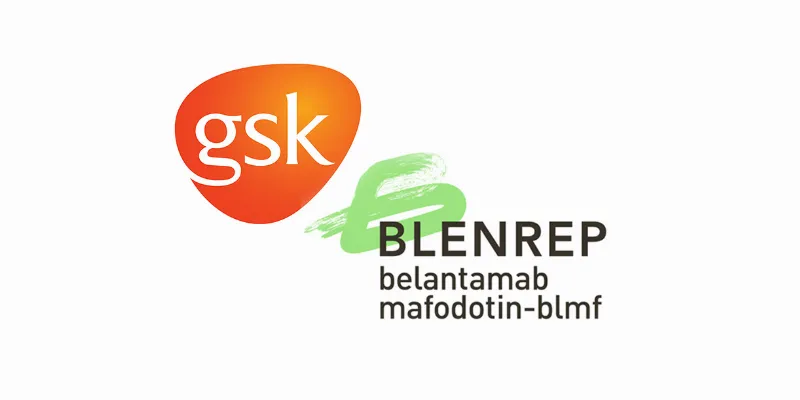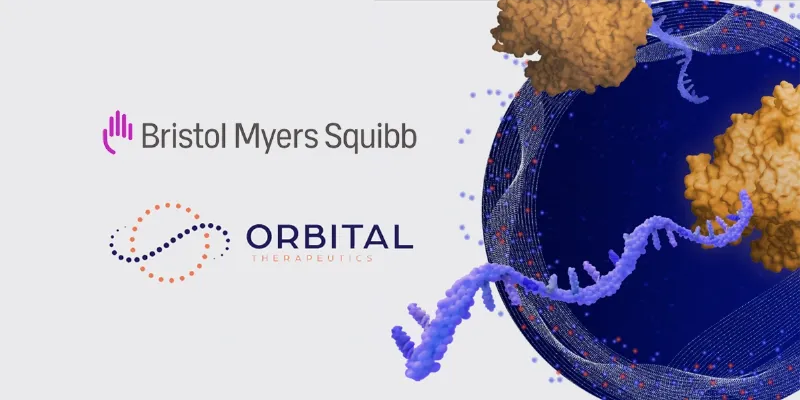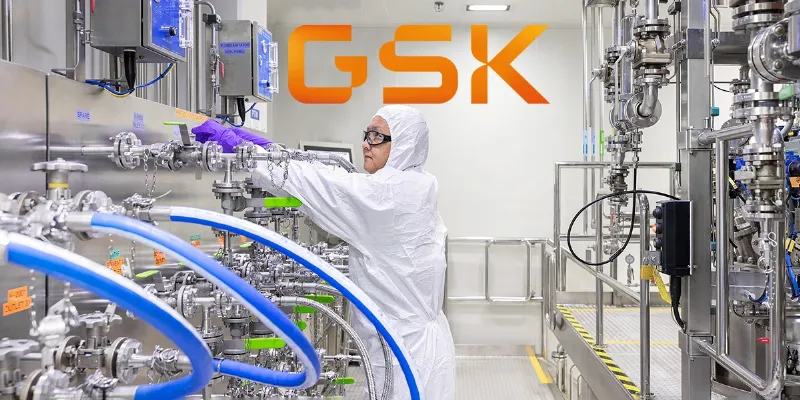GSK's Blenrep Makes a Comeback with DREAMM-7 Trial for Multiple Myeloma Treatment

27 November 2023
GSK has announced positive results from the DREAMM-7 Phase III trial. The pharmaceutical giant's blood cancer drug, Blenrep, demonstrated promising results in this trial, significantly improving progression-free survival in patients with relapsed or refractory multiple myeloma.
The DREAMM-7 head-to-head phase III trial, which evaluated Blenrep (belantamab mafodotin) in combination with BorDex, demonstrated a statistically significant progression-free survival (PFS) benefit compared to the current standard, daratumumab with BorDex. The Independent Data Monitoring Committee (IDMC) recommended an early unblinding of the trial due to these promising outcomes, positioning Blenrep as a potential new standard in second-line treatment for this challenging form of blood cancer.
This finding is a ray of hope for patients who have experienced a relapse after initial treatment, indicating a potential shift in the therapeutic landscape of this relentless cancer. Despite previous setbacks and market withdrawals, these findings mark a potential comeback for Blenrep, with further data to be presented at upcoming scientific meetings.
Hesham Abdullah, Senior Vice President, Global Head Oncology, R&D, GSK, said: “Patients with multiple myeloma need treatment options after first relapse that are efficacious, readily accessible and have novel mechanisms of action. We are particularly encouraged by the potential for belantamab mafodotin when combined with BorDex to address high unmet need in relapsed/refractory multiple myeloma, given the head-to-head comparison with the daratumumab-based standard of care regimen.”
Blenrep's Comeback and Its Clinical Significance
Blenrep's journey hasn't been without its challenges. After being pulled from the U.S. market due to a failure in a separate late-stage study, and facing setbacks in the EU, the recent trial results have been viewed as a potential comeback for the drug. Barclays analysts have indicated that while the expectations had been low for Blenrep, the DREAMM-7 results are a positive development.
Blenrep's mechanism of action, as an antibody-drug conjugate targeting the BCMA protein crucial to plasma cells, offers a novel approach in multiple myeloma treatment. This specificity in targeting myeloma cells while delivering a cytotoxic payload is a notable advancement in oncology therapeutics.
Safety Profile and Market Impact
The safety and tolerability profile of Blenrep, as observed in the DREAMM-7 trial, which included 494 participants, aligns with the known safety profiles of the individual agents used in the combination. This aspect is critical in the broader adoption and acceptance of the drug in clinical practice.
From a market perspective, Blenrep was the second-largest contributor to GSK's oncology business in 2022, despite its challenges. The recent positive trial outcomes could bolster its standing in the market and potentially lead to increased sales, especially considering the high unmet need in relapsed/refractory multiple myeloma.
The DREAMM-7 trial's results represent a significant stride in the treatment of multiple myeloma. The positive outcomes not only bring hope to patients with this challenging form of cancer but also mark a potential turnaround for GSK's Blenrep. While further data and regulatory reviews are awaited, the medical community remains cautiously optimistic about the drug's potential impact on multiple myeloma treatment.
Multiple myeloma, the third most common blood cancer globally, presents a continuous challenge in oncology due to its treatable yet incurable nature. With approximately 176,000 new cases diagnosed each year, advancements like those seen in the DREAMM-7 trial offer a beacon of hope for patients and clinicians alike, driving forward the quest for more effective and enduring treatments.
About DREAMM-7
The DREAMM-7 phase III clinical trial is a multicentre, open-label, randomised trial evaluating the efficacy and safety of belantamab mafodotin in combination with bortezomib and dexamethasone (BorDex) compared to a combination of daratumumab and BorDex in patients with relapsed/refractory multiple myeloma who previously were treated with at least one prior line of multiple myeloma therapy, with documented disease progression during or after their most recent therapy. A total of 494 participants were randomised at a 1:1 ratio to receive either belantamab mafodotin in combination with BorDex or a combination of daratumumab and BorDex. Participants had been previously treated with at least one prior line of multiple myeloma therapy with documented disease progression during or after their most recent therapy. Belantamab mafodotin was dosed at 2.5mg/kg intravenously every three weeks. The primary endpoint is progression-free survival as per an independent review committee. The key secondary endpoints include overall survival, duration of response, and minimal residual disease negativity rate as assessed by next-generation sequencing.











Comments
No Comments Yet!